detail profile j c3 a1nos b c3 a1n
Peran Yang Di Mainkan János Bán
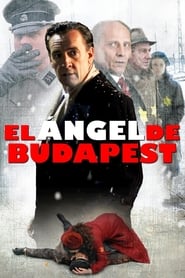 El ngel de Budapest Angel of...
El ngel de Budapest Angel of...The Angel of Budapest 2011
El ángel de Budapest (Angel of Budapest) is a Spanish 2011 television World War II-Holocaust miniseries based on the book "Un español frente al Holocausto" (A Spanish against the Holocaust) written by journalist and radio executive director Diego Carcedo. The plot focuses on Ángel Sanz Briz, a Spanish ambassador in Hungary during World War II who helped to save the lives of thousands of jews from the Holocaust by lodging them in Spanish safe houses in Budapest.
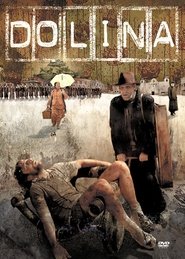 Gabriel Ventuza lives the peaceful life...
Gabriel Ventuza lives the peaceful life...Dolina 2007
Gabriel Ventuza lives the peaceful life of a herbalist, growing and cultivating medical herbs in Italy. One day he receives an order from his older brother who is just out of prison for one day. Gabriel should go to the remote little town of Bogdanski Dolina in Far-Eastern Europe, the place of their childhood and take out the mortal remains of their father, the late people smuggler, the famous Victor Ventuza. Gabriel leaves his "eventless" life behind and goes to accomplish his mission. He is robbed on the way, his belongings, passport, money and even his clothes are stolen and finds himself in a small closed town surrounded by hills of stinking toxic waste, where strange priests rule and fear keeps people quiet, producing a general atmosphere of insecurity.
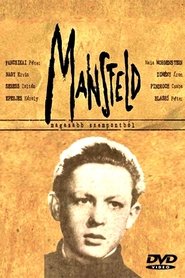 At 15 he and his family became...
At 15 he and his family became...Mansfeld 2006
At 15 he and his family became victims of state terror. At 16 he became a freedom fighter to participate in the 1956 Revolution against Soviet oppression. At 17 he is betrayed and arrested by the dreaded Secret Police (AVH). Now he has to spend the remainder of his life in a political prison, called Hell's Hallway, to reach the legal age of 18 before his death penalty can be carried out. Peter Mansfeld was 18 when he was unjustly executed by the totalitarian regime of Hungary. Today he is remembered as one of the national heroes of Hungary.
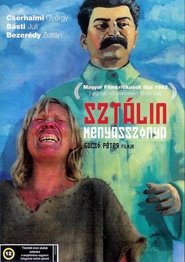 At a dusty crossroads in the...
At a dusty crossroads in the...Stalin's Bride 1991
At a dusty crossroads in the Soviet Union villagers surrender their possessions - a horse, a samovar, a goat - to the state. The train which takes them away brings to the village a physically and mentally handicapped woman, barely able to speak. She makes herself bracelets of burrs and studies herself in a cracked and cloudy mirror. Befriended by very few, teased and tormented by many she seeks protection at a huge portrait of Stalin.
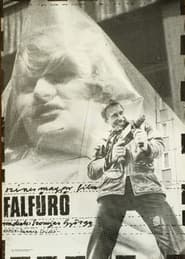 The sad tale of a proletarian...
The sad tale of a proletarian...Wall Driller 1986
The sad tale of a proletarian malcontent ensconced in a monstrously depressing housing project who—even less effectually than the heroes of Bald-Dog Rock—attempts to change his life. Purchasing a power drill and slinging it across his shoulder like the anti-hero of a spaghetti western, he turns entrepreneur, boring holes in his neighbors’ walls so that they can hang mirrors or pictures.
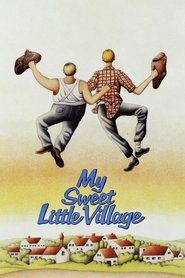 The movies main storyline follows the...
The movies main storyline follows the...My Sweet Little Village 1985
The movie's main storyline follows the life of Otík, a young man, in a tight-knit village community. The sweet-tempered Otík works as an assistant truck driver with Mr. Pávek, his older colleague and practical-minded neighbor. Pávek's family takes care of Otík, whose parents are dead. However, the two coworkers become at odds over Otík's inability to perform even the simplest tasks. Pávek demands that Otík be transferred to assist another driver, who happens to be a choleric and suspicious man named Turek (Turk in Czech). Rather than work with Turek, Otík decides to accept an offer of employment in Prague, but finds he does not fit in to the city life. After discovering that the transfer of Otík to Prague was a trick by a crooked politician to get a deal on Otík's large inherited house, Pávek agrees to give Otík a second chance and retrieves him from the city to resume their work together.
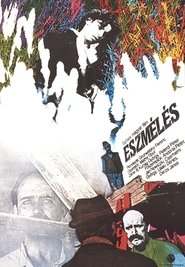 1894 The mortal remains of Lajos Kossuth...
1894 The mortal remains of Lajos Kossuth...To See the Light 1984
1894. The mortal remains of Lajos Kossuth are brought home from abroad, the railways are lined with people with their hats in hand, and among them stands the teenager Imre Tányér. 1910. The grown-up Imre undertakes the task to solve the question unsolved since 1848-49, i.e. the transformation of peasant life. He fights for the rights of his class, for justice, for human dignity in a society distorted, backward and built on inequality.
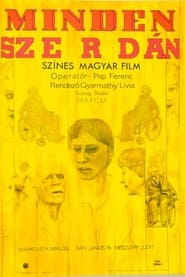 Stephen living in a troubled family...
Stephen living in a troubled family...Minden szerdán 1979
Stephen, living in a troubled family, breaks into a grocery store and wreaks vandalism. He is sent to a reform school. Later he works in a cleaning brigade and accidentally meets József Draskóczi, who denounced him. Draskóczi lives in an unloving, troubled atmosphere with his barren daughter and cynical son-in-law, ascetic about his youthful communist beliefs. He feels responsible for Istvan's fate, offering him a human voice and love. Despite his daughter's hysterical jealousy, he sends Istvan to school and then, through his previous connections, provides him with an apartment...
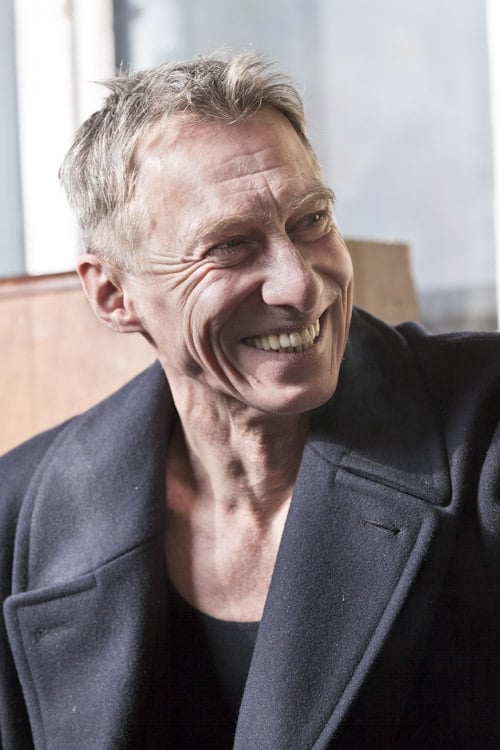
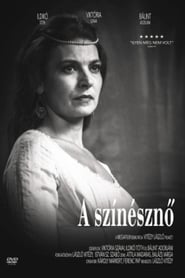
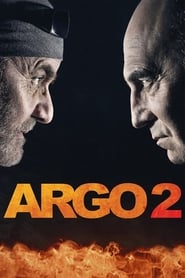
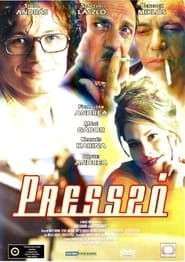
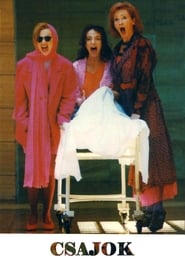 Eniks and Dorkas marriage is unbearable...
Eniks and Dorkas marriage is unbearable...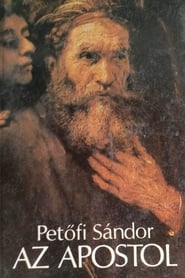
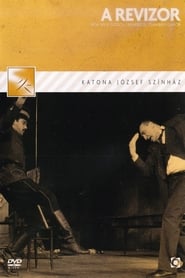
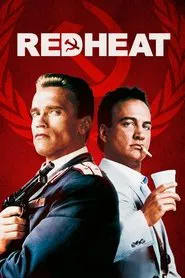 A tough Russian policeman is forced...
A tough Russian policeman is forced...